
by Eric Miller with L. A. ‘Tony’ Kovach for MHMSM.com
MHMSM: Congressman Jones, we want to thank you for taking this opportunity to share your views on Manufactured Housing Industry related issues with us. Tony had a good time talking with you last week at the MHI Industry Reception in Washington, DC.
WJ: Thank you. I enjoyed it myself and I am delighted to talk to you and have this opportunity. I think you know I’ve been asked to co-sponsor the licensing clarification act and I am now a co-sponsor.
MHMSM: How important is the manufactured housing industry in terms of employment and providing affordable housing to North Carolina and the country in general?
 WJ: I have always felt that affordable housing is important to almost any area. Because people work hard to make a living, we certainly want them to have the opportunity to have adequate and appealing housing. It’s been one of my beliefs for years and years, long before I came to Congress. To me, if a family or an individual desires to have their own home, I think the availability is what’s important.
WJ: I have always felt that affordable housing is important to almost any area. Because people work hard to make a living, we certainly want them to have the opportunity to have adequate and appealing housing. It’s been one of my beliefs for years and years, long before I came to Congress. To me, if a family or an individual desires to have their own home, I think the availability is what’s important.
As we discussed last week at the reception, unemployment is a grave concern. As we have more and more unemployment, it’s impacting the industry as well. By creating the financial and other channels needed for prospective home buyers to purchase today’s quality manufactured housing, we can also create or sustain more employment for American workers. Each of these is important to North Carolina and to our Nation.
MHMSM: We are all interested in good government. The current situation with FHFA and the Duty to Serve provisions demonstrates how the intent of Congress can be hampered by regulators. The biggest problem in the manufactured housing industry today is a lack of reasonable retail financing, especially home-only financing which is about 60% of all Industry finance transactions. Congress passed the Duty to Serve provisions two years ago, but many in the industry say they’ve not been properly implemented, and personal property financing is still largely unavailable. What can we or the Congress do to get the FHFA and the GSE’s to provide home-only financing to help make affordable manufactured homes accessible?
WJ: When I met with a representative of MHI last week, he brought such issues to my attention; that’s why I went onto [Congressman] Joe Donnelly’s bill, because whenever Congress passes laws where agencies institute regulations, many times there are unintended consequences. As a legislator, what you are seeking is to try to help a given situation. As it was brought to my attention, here we are with a multitude of regulations that at this point aren’t carrying forward the intent of the Congress.
I was at Clayton Homes center a few weeks ago with an effort by their Mr. Fox to sign a banner to send over to our troops in Afghanistan and Iraq, something he’s done for at least the last five years. When I was there, I overheard a family who had walked up to sign the banner. But they also said to Mr. Fox, “We really appreciate our home, thank you for helping us finance our home.” In some situations, the way the SAFE Act is being viewed at present, the salesman on the sales lot cannot recommend a financial institution that the family can go to and borrow money to purchase a manufactured home. That is cumbersome for everyone involved, starting with that prospective customer. We need to clarify that with the regulators, because it wasn’t the intent of the SAFE Act law.
Well, as I knew before I came to Congress, not all the financial institutions are into loaning money for manufactured homes. The way I look at this, I know I see the growth and development in the manufactured homes industry and how these homes today are not what they were even 20 years ago. They are quality homes now and homes I would be glad to live in if that were my choice. I know that the respect for manufactured homes is at a whole different level than it was years ago. Financing and regulations should reflect that new reality of the quality of today’s manufactured home.
MHMSM: In another example, Congress with good intent passed the SAFE Act, but this is another piece of legislation that observers say that once it got into the hands of regulators, has had serious unintended consequences. The SAFE Act was designed primarily for the conventional housing and the mortgage industry, but regulators have been interpreting it to apply to manufactured housing. That puts a heavy strain on small mom-and-pop-size businesses, but also larger firms as well. Industry lenders are facing huge costs of compliance. The HR 5369 amendment would exempt MH sales people and community managers from the provisions of the Act. What do you think we can do to move this ahead through the Congress?
WJ: I’m on the bill now. I think you’ve got to educate and go back to States and business leaders. To me, this is of great interest to the person who owns the sales lot, but should also be of interest to local chambers because there are many people who desire to own a manufactured home. I think education back home in the States where we have these manufactured homes being sold is an important step. They need to educate the people to the fact there is a bill to clarify the meaning of the SAFE Act, which I think is very important and that is to bring the freedom to communicate, to sell. To muzzle sales people or a community manager under the guise of the SAFE Act was never the idea behind that law. HR 5369 can help address that issue.
MHMSM: Danny Ghorbani, who heads up the Manufactured Housing Association for Regulatory Reform (MHARR) said that Congress “loves the manufactured housing industry.” He also said that Congress has given us these great pieces of legislation such as the MH Improvement Act of 2000, FHA Title I reform and the Duty to Serve underserved markets. Does Congress need to hold hearings with regulators to help implement these good laws as intended?
WJ: Sometimes members of a committee and particularly members of an oversight committee have the authority to hold hearings to see if a law can be implemented as it was intended by Congress. Sometimes it can be helpful. I think again, in this case, that educating the people in the federal government or in a State to understand that these rules and regulations come from legislation. Too many times they need to be reviewed for the reasons you noted. It always helps to review and make sure a law is implemented as intended. A lot of times, it’s a matter of a member of Congress writing to a regulatory agency asking how they implemented the law. It doesn’t have to be a committee holding hearings to get attention. I’ve been part of a number of members of Congress writing letters to regulatory agencies asking how they are interpreting the law. You don’t get a quick answer, but you get an answer. They go to their legal staff to help them respond so it will be accurate.
MHMSM: Are there any additional parting thoughts you would like to share?
WJ: Be involved. The world we live in today is so different. Whether its manufactured homes or not, I would say to any industry or members of the community, be involved. Residents of manufactured homes are very active in the community and they should let their interests be known. Really, I think that’s the reason the manufactured homes industry has evolved into the respect it has earned. Because you are providing a quality home for people. That’s what makes the difference in the Federal legislature and the State legislatures. When you have arrived at this current level of quality and appeal, and you have earned the respect by providing a quality product, then that changes the whole debate.
EM: Thank you for taking the time to talk to us.
TK: Congressman, I just wanted to personally thank you. You’ve made some excellent talking points. Once we finish putting the interview together, we’ll make sure your office has a copy and I hope that you’d be open to doing this with us again sometime in the future.
WJ: I’ve enjoyed it, thank you very much; and I have a great appreciation for your industry, I really do.
TK: I can sense that and I had a fantastic time chatting with you at the reception.
WJ: Thanks for that, too.
TK: You’re one-of-a-kind and just God bless you, sir.
WJ: God bless you, too, both of you, and may God continue to bless America; we sure need His love.
TK: Amen to that, sir.
WJ: God bless.
EM: Bye-bye.


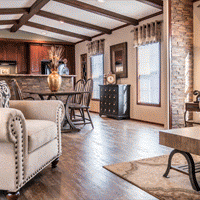
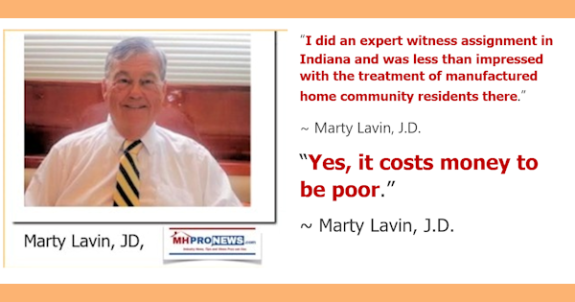
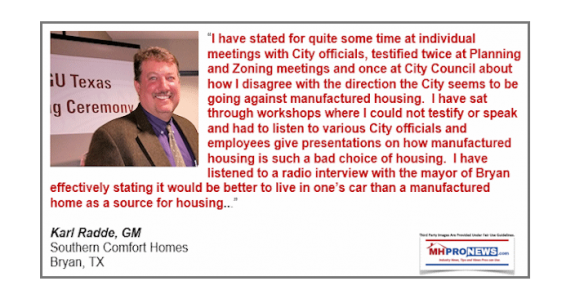
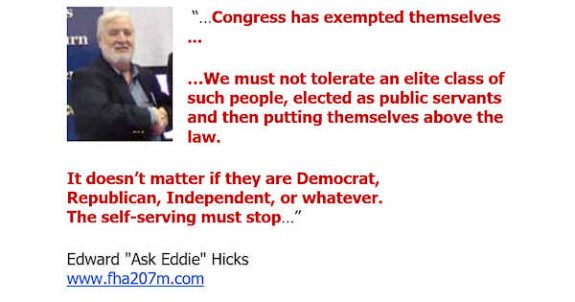
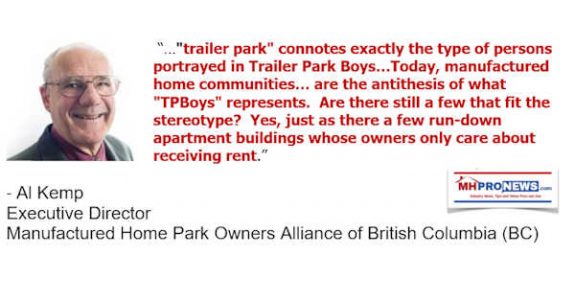
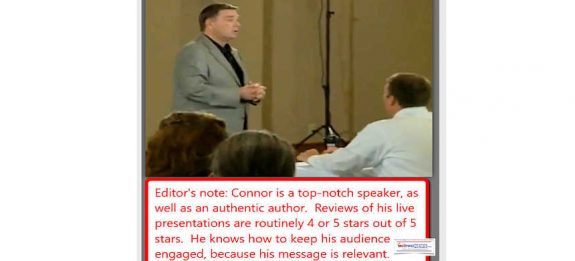
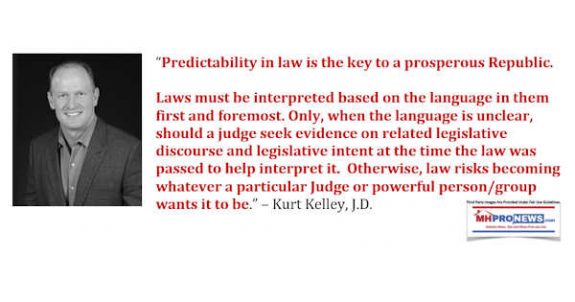
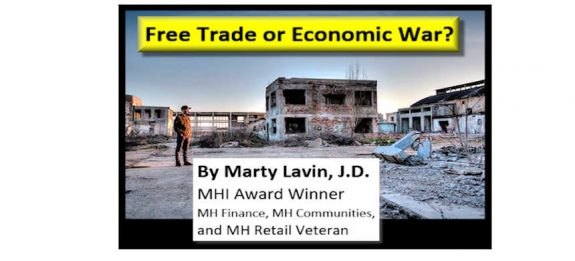
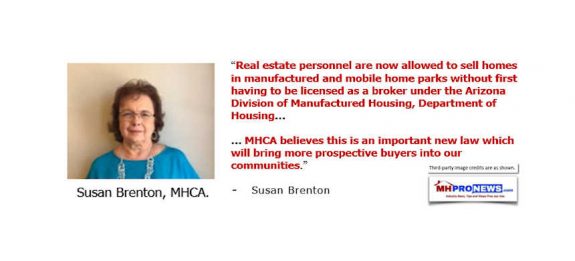
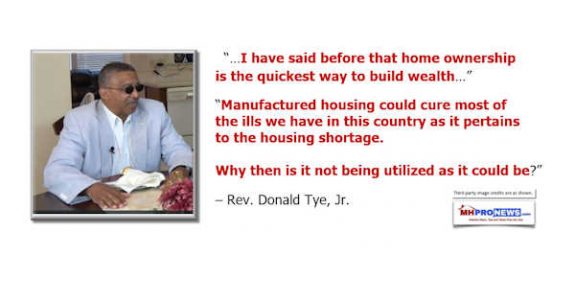
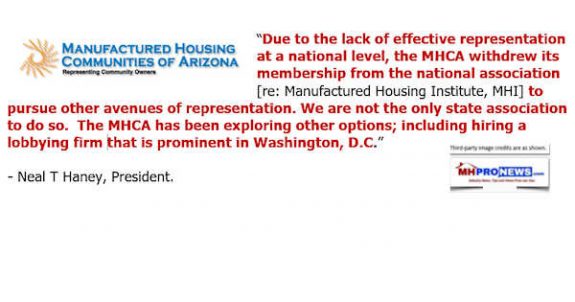
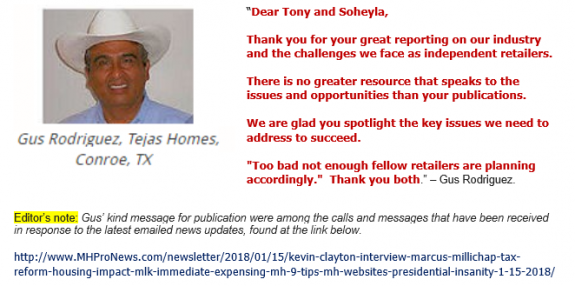
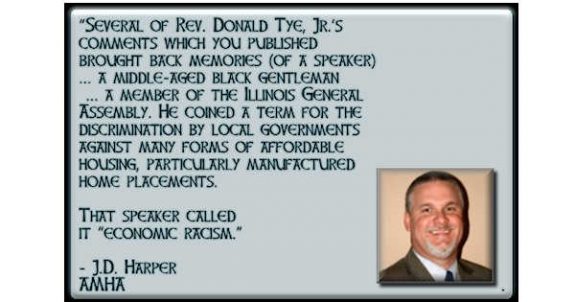
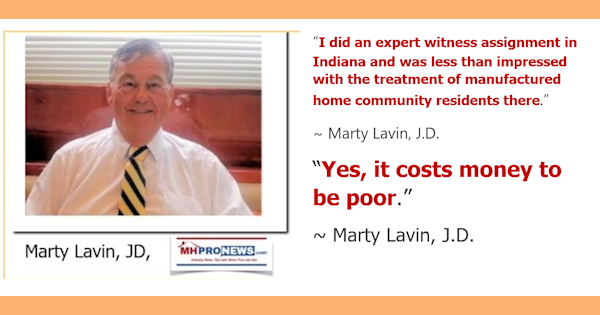
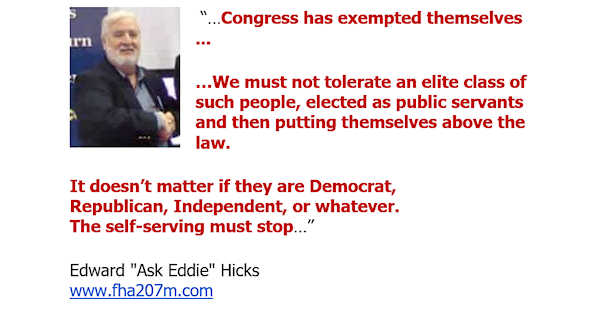
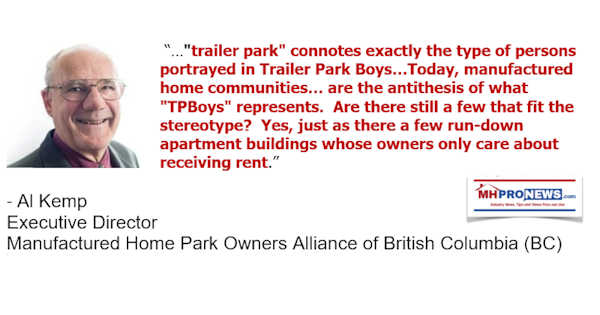
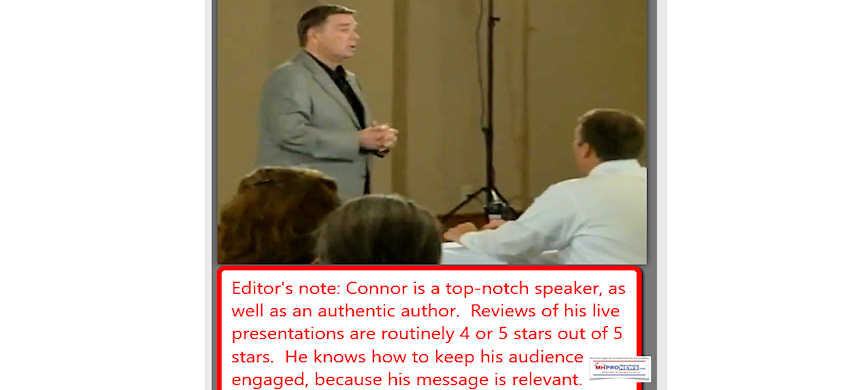
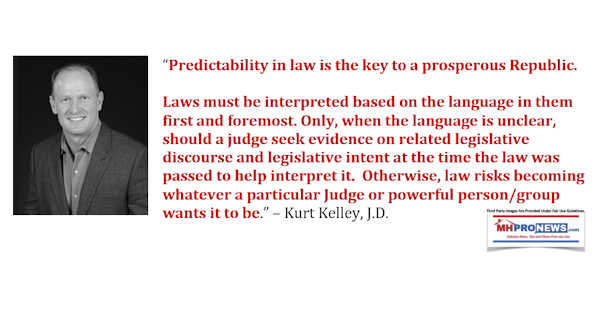
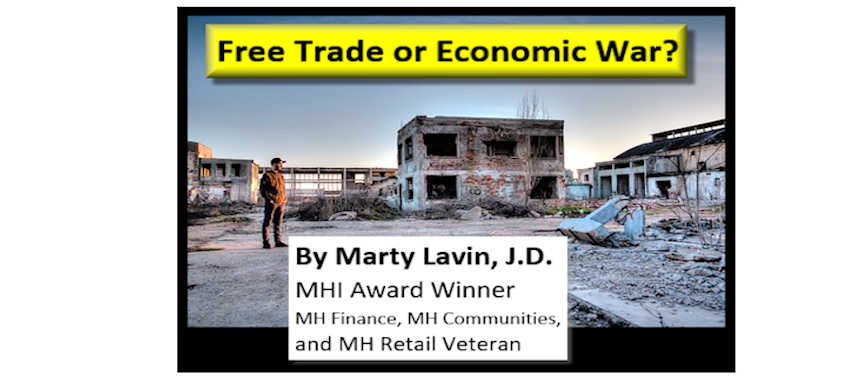
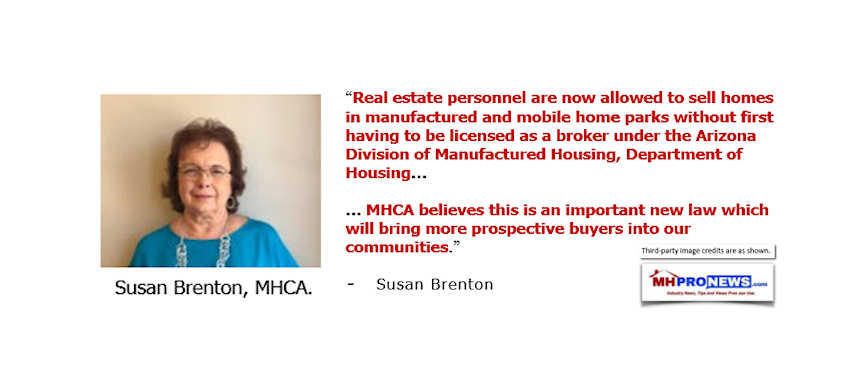
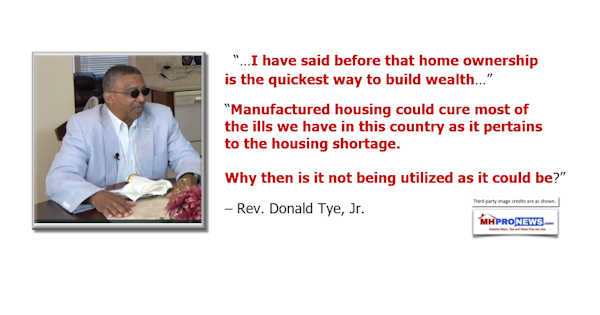
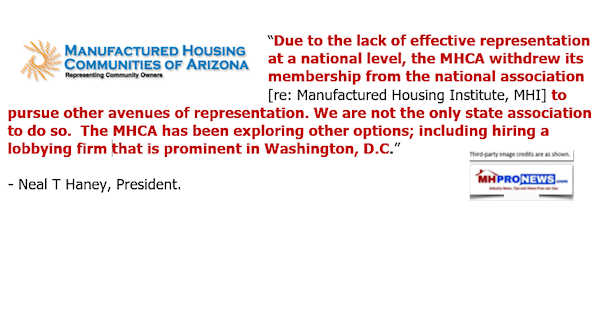
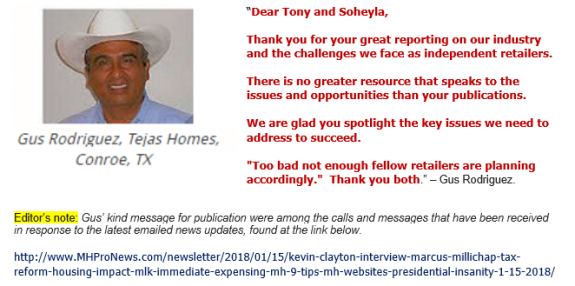
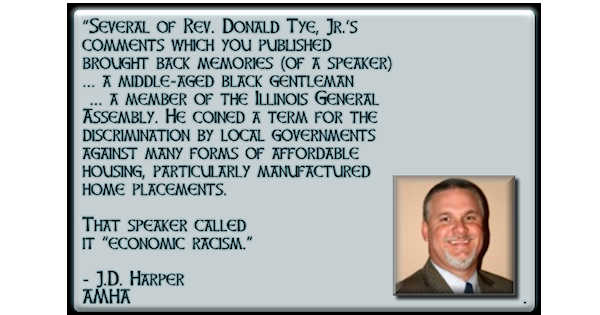
Karl Radde – TMHA, MHI, Southern Comfort Homes – Addressing Bryan City Leaders, Letter on Proposed Manufactured Home Ban
To All Concerned [Bryan City Officials, Others]: As the retail location referenced by Mr. Inderman, I would like to take a moment to address the …